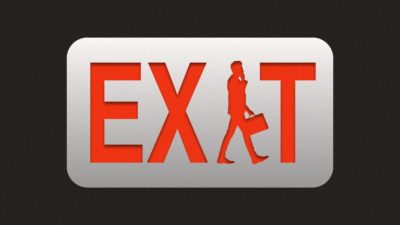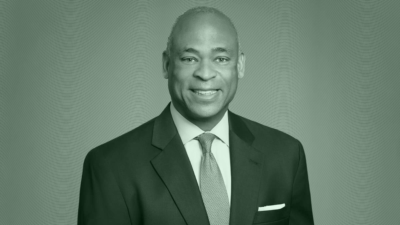What Will It Take to Get More Advisors Volunteering?
Pro bono work is often a priority for financial advisors, but less than a fifth of CFPs actually volunteer.

Sign up for market insights, wealth management practice essentials and industry updates.
It feels good to lend a helping hand.
Having a financial advisor comes with plenty of benefits, but it’s a luxury not everyone can afford. Last year, roughly 18,000 certified financial planners engaged in pro bono work, marking a 16% increase from 2023, according to the Certified Financial Planner Board. Those advisors reported about 400,000 hours of volunteer service, and many others wished they did more. While many advisors view pro bono work as a priority, less than a fifth of CFPs actually participate.
With half of US adults lacking proper financial literacy, however, it’s imperative that advisors volunteer as much time as possible. So, how do we actually get there? “We’re seeing a lot of stars aligning to make pro bono a bigger and bigger movement in the advisor space,” said Jon Dauphiné, CEO of the Foundation for Financial Planning.
Credit Where Credit is Due
Becoming a CFP doesn’t require pro bono work, but starting in 2022, advisors had to report their volunteer hours each year when renewing their credentials. Since then, the organization’s goal has been to increase the amount of CFPs volunteering by 10% every year and hopefully reach 25,000 advisors by 2027. In a perfect world, making a positive impact in someone’s life would be incentive enough for more advisors to engage in pro bono work, but additional rewards may help achieve that goal faster.
CFPs must complete 30 hours of continuing education credits every two years, and the CFP Board is currently exploring allowing pro bono work to count toward those credits:
- In December, the group proposed bumping the CE credit requirement up to 40 hours every two years, and allowing 10 hours to be earned through pro bono work.
- Under the proposed rules, three hours of pro bono work would be equal to one hour of CE credits.
- Other professions already have similar concepts in place. More than 20 state bars allow for pro bono legal work to count toward lawyers’ CE credit requirements.
“I feel privileged to use my knowledge to help others progress in life in ways they couldn’t achieve alone,” said John Power, principal of Power Plans. “That’s my reward, but having the hours to go to CE would perhaps incentivize others.”
Some Things Still Get in the Way
Even with a CE credit incentive, volunteering would be hard to manage on top of 40-plus hours of work a week and attending to paying clients. Among the biggest barriers are the time commitment and meeting the different needs of pro bono clients, said Randy Bruns, former director of pro bono services for the Financial Planning Association of Illinois. While in-house clients need assistance with portfolio management, retirement and estate planning, pro bono recipients often need help with issues that lie outside advisors’ experience.
“One of the biggest hurdles we faced was that the financial issues these individuals struggled with — credit card debt, bankruptcy, income instability — didn’t always align with the strengths of our volunteer CFP professionals, who typically work with high-net-worth clients,” Bruns told Advisor Upside.
Finding pro bono clients can also be more challenging than it might seem. “When we hosted public pro bono events, the people who showed up were often already financially secure and looking for reassurance, not the critical help we were aiming to provide,” Bruns said. “It became clear that those most in need of guidance weren’t necessarily seeking it out — even when it was free.”
That process is becoming simpler, though, thanks to the Foundation for Financial Planning’s Pro Bono Planner Match, a platform that connects advisors with pro bono clients across the country, while also providing wealth managers with free liability insurance. Launched in 2020, about 3,000 CFPs currently use the platform, according to Dauphiné. “It used to be that you’d have to go out in your community to find a nonprofit or church or something like that,” he said. “It’s growing. Each year, we get more and more folks signing up.”
Call of Duty. In addition to incentives and resources, firms ultimately need to create a culture supporting pro bono work, as it is a top priority for aspiring CFPs. Nearly 90% pledged to provide 20 hours of volunteer services each year, according to a survey the FFP published at the end of 2024. Roughly the same amount of respondents said they were more likely to work at firms with encouraging pro bono policies.
“Younger folks want to do well in their careers, but they also want to do good,” said Moley Evans, director of volunteer engagement at the CFP Board. “They don’t just want to go to work to go to work. They want to give back.”











